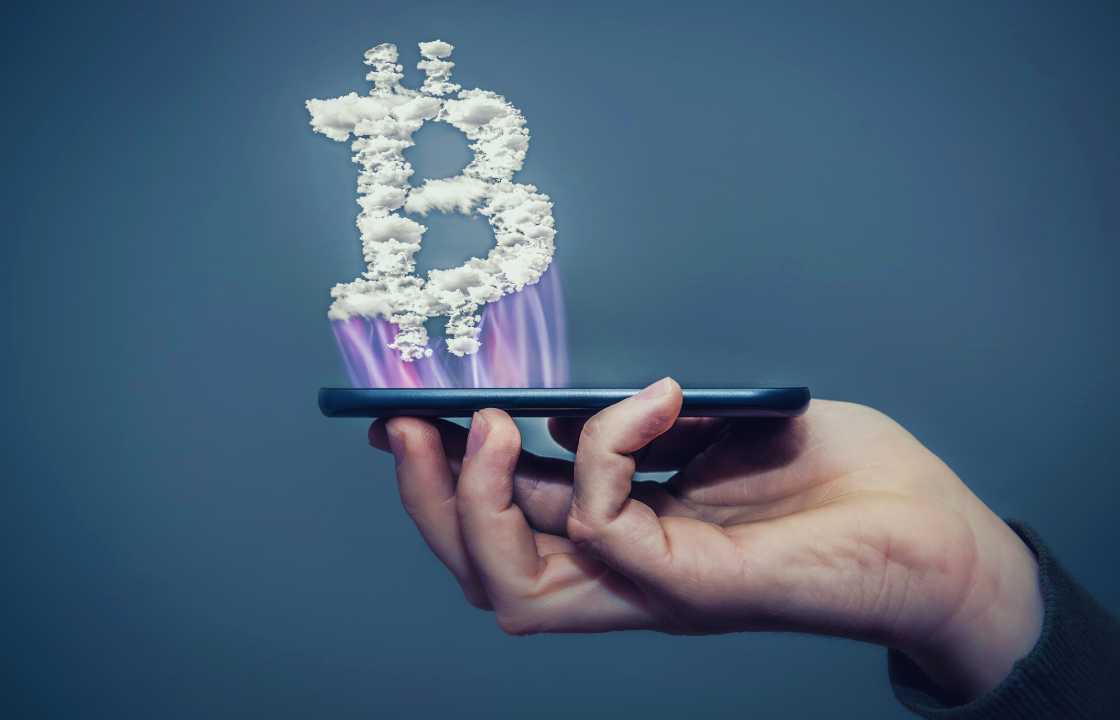Trust—a fascinating concept that seems to vary from generation to generation. Conventionally, younger generations tend to challenge the values and norms of their elders—this is evident across all areas, from music to technology.
RETUNING THE BEAT
Musical evolution serves as a perfect metaphor for this generational rift. Each era witnesses a new wave of music often met with disdain from the preceding generation. From jazz and rockabilly in the ’50s to punk rock and rap in later decades, innovative musical forms have often been met with skepticism and, at times, outright rejection. This trend stems from the traditional mindset’s inherent discomfort with the unfamiliar. However, beneath this clash between the old and new lies a simple truth: it’s all just music.
Things become complex when rejection morphs into active opposition.
This active opposition involves not just personal disapproval but a concerted effort to discredit and destroy what’s new. This destructive agenda often involves spinning false narratives to justify allegiance to traditional norms. These stories can be potent, leading to the creation of institutions and movements grounded in falsehood, led by self-serving individuals eager to quash innovation, often resorting to extreme measures to kill off what they perceive as threats.
I’m optimistic that future systems like the Bitcoin protocol can counteract such destructive forces, but that remains a distant dream. However, the power of verification that Bitcoin embodies can act as a bridge to close the generational gap, challenge false narratives, and advance adoption of this groundbreaking protocol.
TURNING UP THE VOLUME FOR BITCOIN
Here’s my perspective:
As a ‘young’ 61-year-old, I can vouch that my generation has many reservations about Bitcoin. Some concerns are valid, such as our aversion to volatility, while others are influenced by misleading narratives. Disarming these false narratives is challenging, as they often stem from a tenacious clinging to familiar, empowering norms.
In my conversations with peers about Bitcoin, common narratives of rejection surface quickly, such as environmental concerns, associations with the dark web, and a tool for swift wealth generation by the TikTok generation.
To counter these arguments, I draw parallels with our musical journeys:
I agree that Bitcoin might be energy-intensive, misused by fraudsters, or favored by a generation you don’t necessarily relate with. But I urge you to consider three aspects: Firstly, you are accepting arguments you’ve heard but haven’t personally investigated. Secondly, your aversion to Bitcoin might stem from its associations rather than its intrinsic merits, akin to how previous generations rejected our music due to its association with countercultural aesthetics. Thirdly, your dismissal of Bitcoin could be due to a lack of understanding, a common trait among older generations.
The unique aspect of Bitcoin lies in its verification mechanism. This system doesn’t demand blind faith in any authority since no single entity owns or controls Bitcoin. It remains impervious to hacking thanks to robust security measures. Moreover, its decentralized nature makes it indestructible, as it operates on millions of computers that verify each transaction.
However, I’m not asking you to invest in Bitcoin. I only request you to consider how a world driven by verification rather than trust could look. The Bitcoin network could help eliminate voter fraud, identity theft, and financial scams, as each transaction is verified by an unhackable network. The potential applications of this verification mechanism are vast, and as you begin to understand it better, your perception might shift.
We inhabit a world where trust is a dwindling commodity. Our mistrust towards Bitcoin is often fueled by misinformation, biases, and fear of the unknown. Yet, the very novelty and elegance of Bitcoin lies in its ability to dispel falsehoods with its robust verification protocol. This power is what makes Bitcoin appealing, and it could serve as a pathway to broader acceptance.
Almost everyone, boomers included, is worried about the future of our species. At the root of this apprehension lies our inability to trust anything anymore. Bitcoin could potentially transform this scenario with its infallible verification system. It starts with financial transactions, but its potential applications are limitless. All I’m asking is for you to research and understand Bitcoin before rejecting it outright. The journey might lead you to appreciate its potential, despite your initial reservations.

